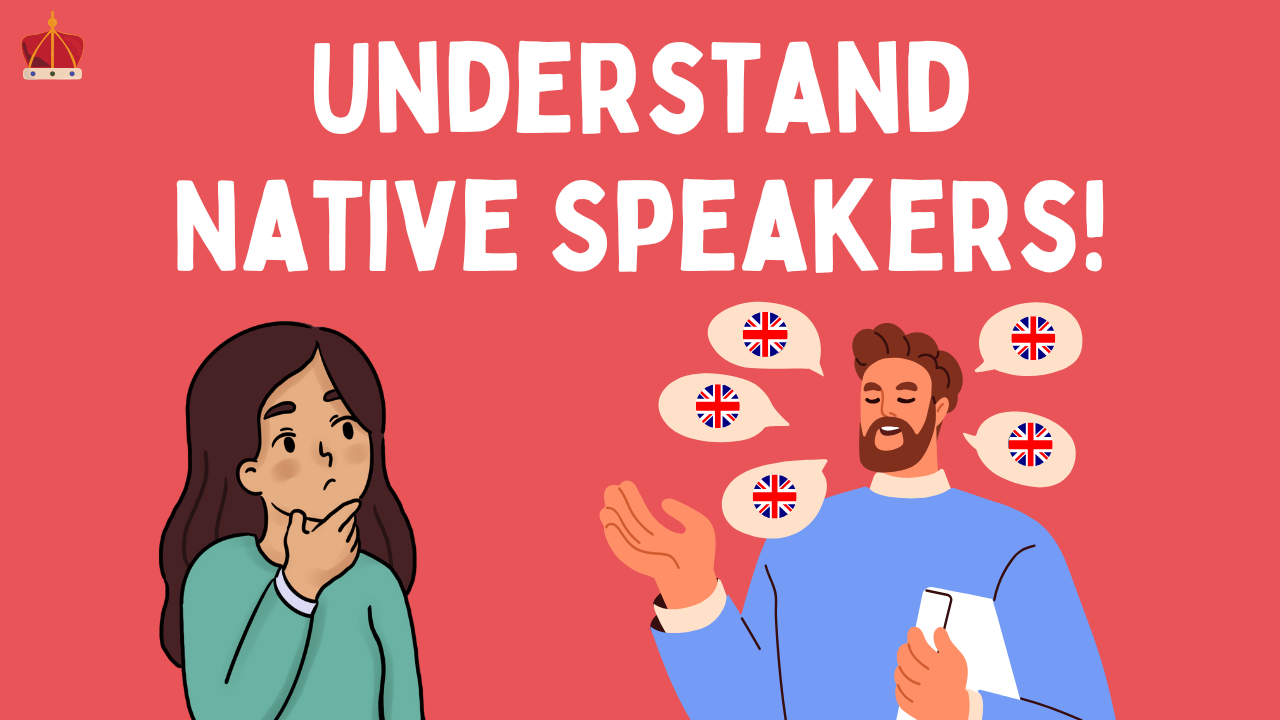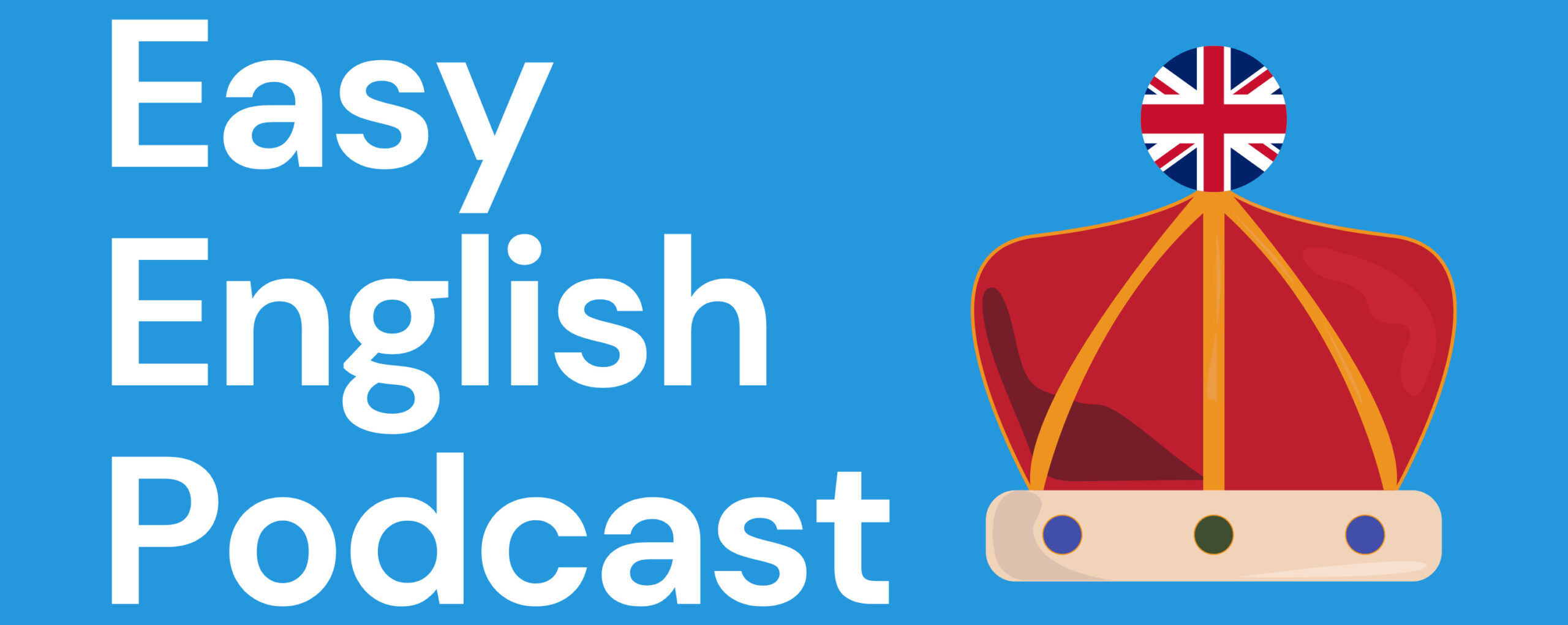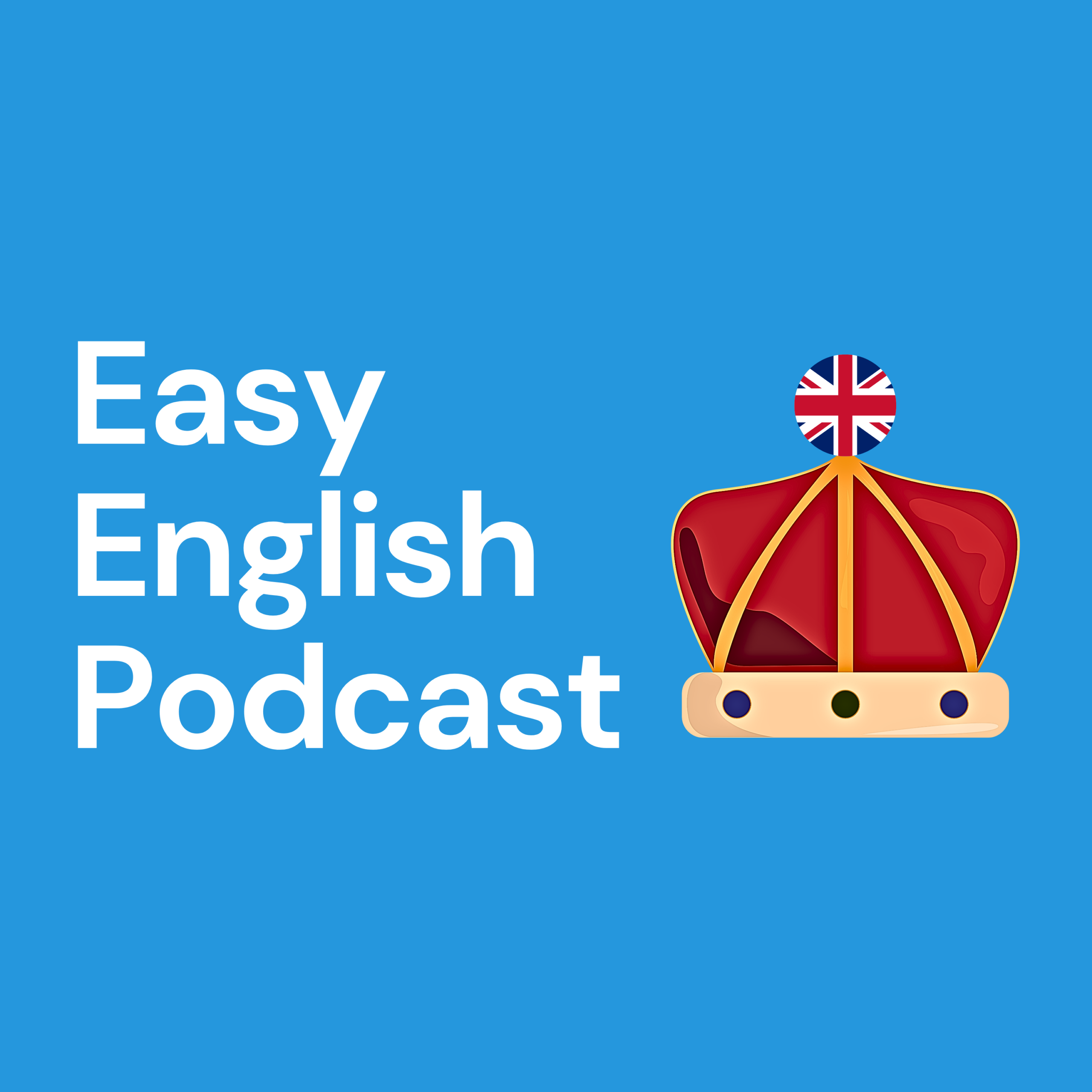
Study Companion: Understand Native Speakers- Phrasal Verbs
Welcome to the study companion for “Common Phrasal Verbs You HEAR Every Day”! This guide will help you review the key vocabulary and the important phrasal verbs we discussed, so you can start recognizing them easily when you listen to English.
Key Vocabulary from the Episode
Here are the five important words we discussed. Understanding these will help you talk about listening and comprehension!
- Context (noun): The situation or information around a word or phrase that helps you understand its meaning.
- Example: Understanding the context of a conversation is very important for phrasal verbs.
- Simply put: The surrounding words or situation that gives clues to meaning.
- Frequent (adjective): Happening often; common.
- Example: These are very frequent phrasal verbs in daily English.
- Simply put: Happening many times.
- Recognize (verb): To know who someone is or what something is because you have seen or heard them before.
- Example: You will start to recognize these phrasal verbs more easily with practice.
- Simply put: To know something because you’ve learned it before.
- Flow (noun): The continuous movement or progression of something.
- Example: When you understand phrasal verbs, you can follow the flow of a conversation better.
- Simply put: How smoothly something moves or progresses.
- Guess (verb): To try to answer a question or make a judgment without knowing all the facts.
- Example: Sometimes, you need to guess the meaning of a phrasal verb from the situation.
- Simply put: To try to find the answer without knowing for sure.
Phrasal Verbs from the Episode
Here are the six common phrasal verbs we focused on. Remember to think about their meaning in context!
- Go on:
- Meaning 1: To continue. (e.g., “The meeting went on for three hours.”)
- Meaning 2: To happen. (e.g., “What’s going on? I hear shouting.”)
- Find out:
- Meaning: To discover information. (e.g., “I need to find out when the store closes.”)
- Look forward to:
- Meaning: To feel excited about something that is going to happen in the future. (e.g., “I’m looking forward to seeing you next week!”)
- Give up:
- Meaning: To stop trying or stop doing something. (e.g., “Don’t give up! You’re almost there.”)
- Pick up:
- Meaning 1: To collect someone (e.g., “I’ll pick you up from school at 3 PM.”)
- Meaning 2: To collect an object (e.g., “Can you pick up some groceries on your way home?”)
- Come on:
- Meaning 1: To encourage someone. (e.g., “Come on, you can do it!”)
- Meaning 2: To express impatience/hurry. (e.g., “Come on, we’re late!”)
Vocabulary Exercises
Exercise 1: Matching Phrasal Verbs to Meanings
Match the phrasal verb with its meaning.
- Go on (a) To feel excited about the future
- Find out (b) To stop trying
- Look forward to (c) To discover information
- Give up (d) To collect someone or something
- Pick up (e) To continue or happen
(Answer Key: 1-e, 2-c, 3-a, 4-b, 5-d)
Exercise 2: Complete the Sentences
Choose the best phrasal verb from the list to complete each sentence. (go on, find out, looking forward to, give up, pick up, come on)
- I need to ___________ how much the tickets cost.
- My friend called and asked if I could ___________ her from work.
- “___________, we don’t have all day!” he said impatiently.
- She was really ___________ her birthday party.
- Don’t ___________ your dreams! Keep trying!
(Answer Key: 1. find out, 2. pick up, 3. Come on, 4. looking forward to, 5. give up)
Comprehension Questions from the Episode
Test your understanding of the episode by answering these questions:
- What are two reasons why phrasal verbs can be tricky to understand when listening?
- What is your “best friend” when trying to understand a phrasal verb you hear?
- What does the episode suggest about translating every word when listening to English?
- What is one tip for improving your ability to understand phrasal verbs in listening?
Reflect & Discuss
Use these questions for personal reflection or to discuss with a study partner:
- Which of the phrasal verbs from this episode do you hear most frequently?
- Can you think of a time when you heard a phrasal verb and had to guess its meaning from the context?
- What strategies do you use to help you recognize new English words or phrases when listening?
- How do you think practicing with phrasal verbs will help the flow of your English conversations?

